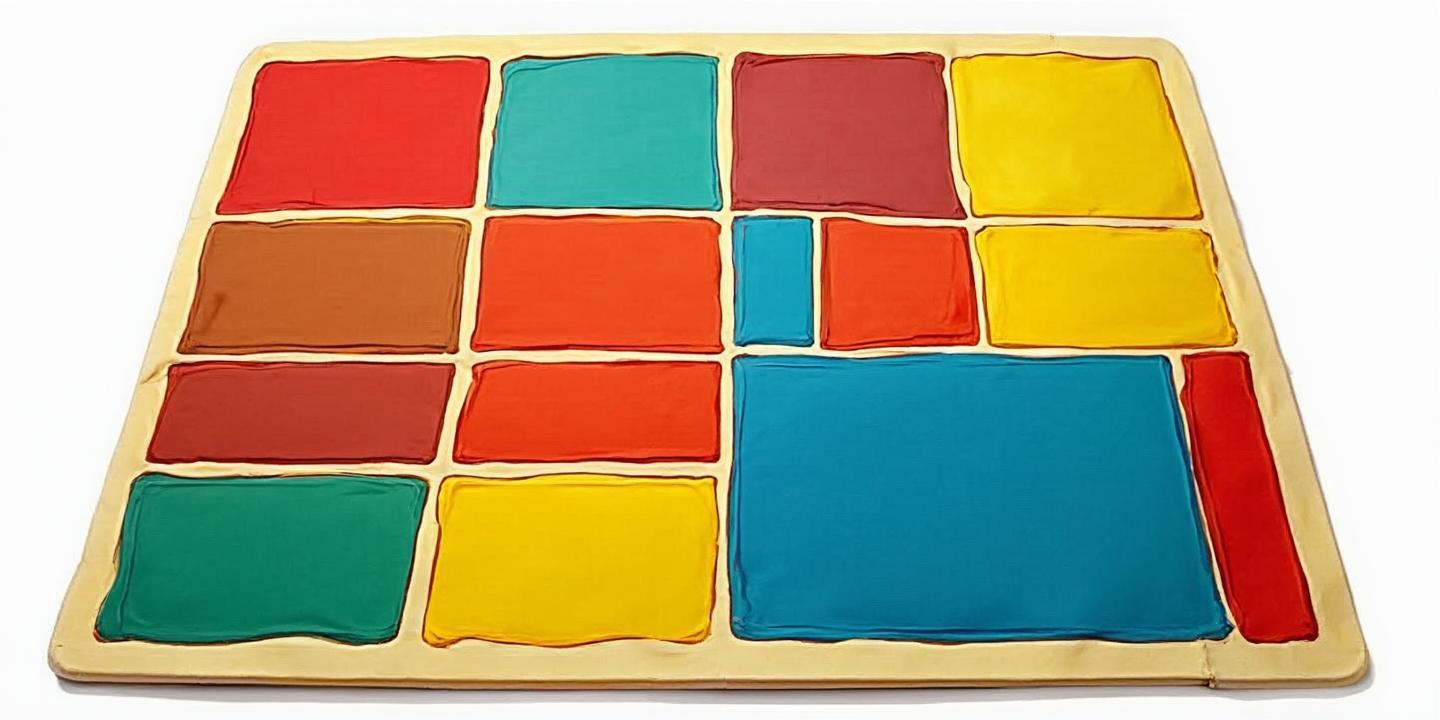
Learning a new language can be challenging, but incorporating fun and practical exercises into your routine can make all the difference. If you’re looking to improve your English conversation skills, why not focus on a topic that’s both universal and fascinating—drums? Drums are not just musical instruments; they’re a cultural phenomenon, a rhythmic heartbeat that transcends borders. Whether you’re a music enthusiast or simply curious, discussing drums can open up a world of engaging conversations.
In this article, we’ll explore 10 practical English dialogue exercises centered around the theme of drums. These exercises are designed to help you build vocabulary, enhance fluency, and boost confidence in your conversational abilities. From casual chats to more in-depth discussions, each dialogue is crafted to suit various levels of English proficiency. So, grab a seat, imagine the beat of a drum, and let’s dive into these rhythmic conversations!
1. Introducing the Drum
Dialogue:
A: “Have you ever played a drum?”
B: “No, but I’ve always wanted to try. What about you?”
A: “Yes, I play the snare drum in my school band. It’s really fun!”
Practice Focus: This simple exchange helps beginners practice asking and answering questions about personal experiences.
2. Discussing Drum Types
Dialogue:
A: “Do you know the difference between a djembe and a conga drum?”
B: “I think a djembe is from West Africa, and a conga is from Cuba. Right?”
A: “Exactly! They also have different shapes and sounds.”
Practice Focus: This dialogue introduces cultural and technical vocabulary, encouraging learners to describe differences.
3. Talking About Drumming Styles
Dialogue:
A: “What’s your favorite drumming style?”
B: “I love jazz drumming. It’s so creative and free. How about you?”
A: “I prefer rock drumming because it’s powerful and energetic.”
Practice Focus: This conversation helps learners express preferences and use adjectives effectively.
4. Planning a Drum Lesson
Dialogue:
A: “I’m thinking of taking drum lessons. Do you have any recommendations?”
B: “Sure! There’s a great instructor at the community center. I can give you their contact info.”
A: “That would be amazing. Thank you!”
Practice Focus: This practical dialogue teaches learners how to ask for and offer advice.
5. Sharing Drumming Experiences
Dialogue:
A: “What’s the most memorable drum performance you’ve seen?”
B: “I once saw a traditional Japanese Taiko performance. It was breathtaking!”
A: “Wow, that sounds incredible. I’d love to experience that someday.”
Practice Focus: This exchange encourages learners to share stories and use descriptive language.
6. Discussing Drum Maintenance
Dialogue:
A: “How often do you clean your drum set?”
B: “I try to clean it after every practice session. It keeps the sound crisp.”
A: “That’s a good habit. I should start doing that too.”
Practice Focus: This dialogue introduces vocabulary related to maintenance and habits.
7. Exploring Drum History
Dialogue:
A: “Did you know drums have been used for thousands of years?”
B: “Yes, I’ve read about ancient civilizations using drums for communication and rituals.”
A: “It’s fascinating how they’ve evolved over time.”
Practice Focus: This conversation encourages learners to discuss history and cultural significance.
8. Comparing Drums to Other Instruments
Dialogue:
A: “Why do you think drums are so important in a band?”
B: “Because they provide the rhythm and keep everyone in sync. Without drums, the music would feel empty.”
A: “That’s true. They’re like the backbone of the band.”
Practice Focus: This dialogue helps learners compare and contrast different musical elements.
9. Talking About Drum Accessories
Dialogue:
A: “What kind of drumsticks do you use?”
B: “I prefer lightweight sticks for faster playing. What about you?”
A: “I use heavier sticks for a more powerful sound.”
Practice Focus: This exchange introduces vocabulary related to drum accessories and preferences.
10. Imagining a Drumming Future
Dialogue:
A: “If you could play drums anywhere in the world, where would it be?”
B: “I’d love to perform at a huge music festival like Glastonbury. How about you?”
A: “I’d choose a beach concert under the stars. That would be magical!”
Practice Focus: This creative dialogue encourages learners to dream big and use imaginative language.
By practicing these dialogues, you’ll not only improve your English skills but also deepen your appreciation for the art of drumming. Consistent practice is key, so try incorporating these conversations into your daily routine. Whether you’re discussing drum types, sharing experiences, or imagining future performances, each dialogue offers a unique opportunity to learn and grow. So, let the rhythm guide you, and enjoy the journey of mastering English through the power of drums!
猜你喜欢:shelp
